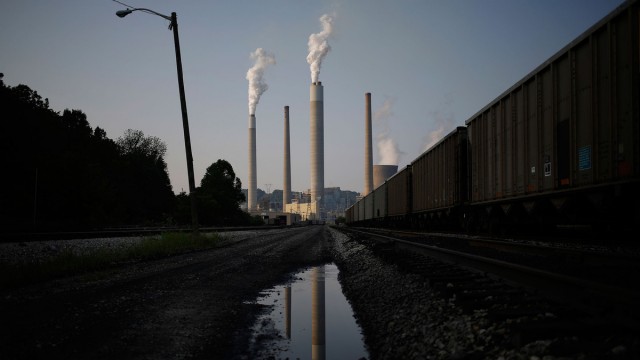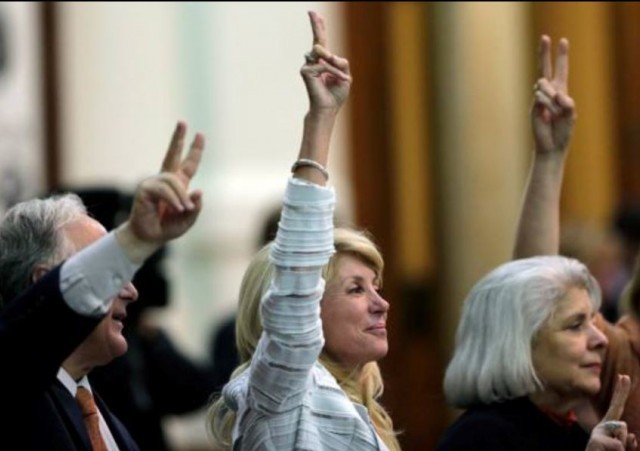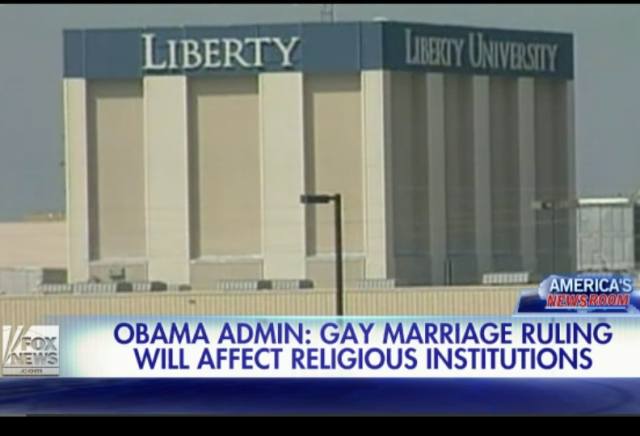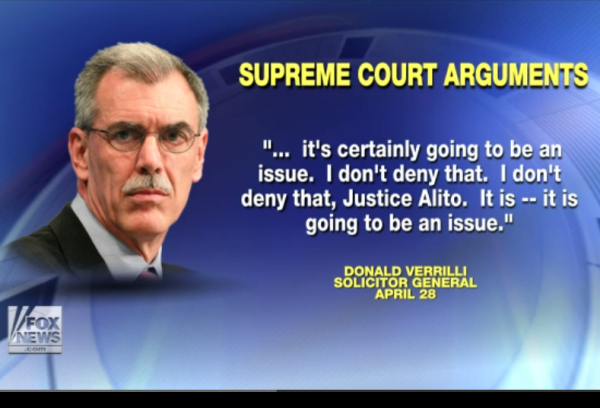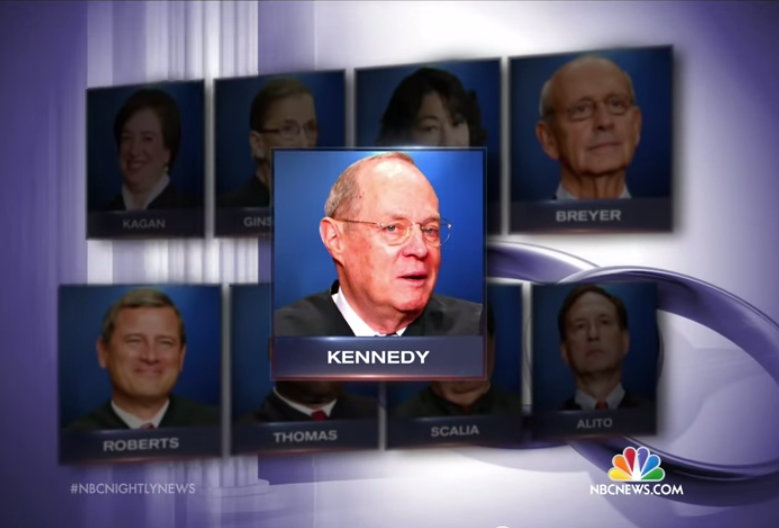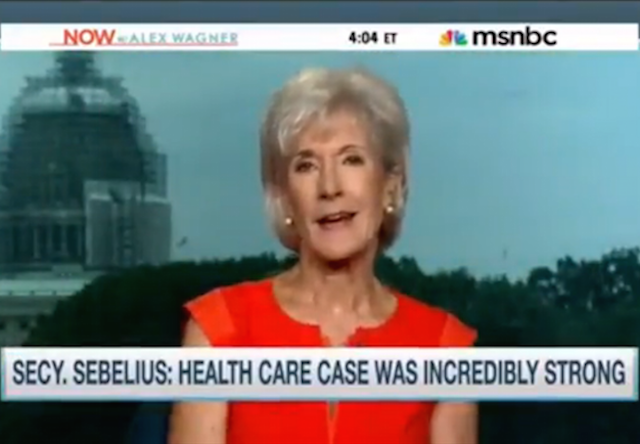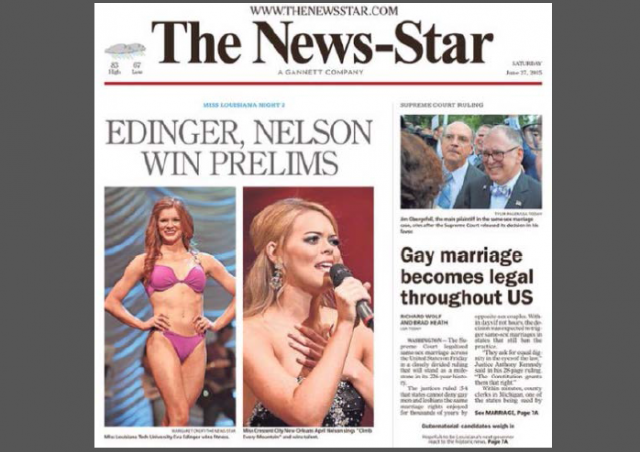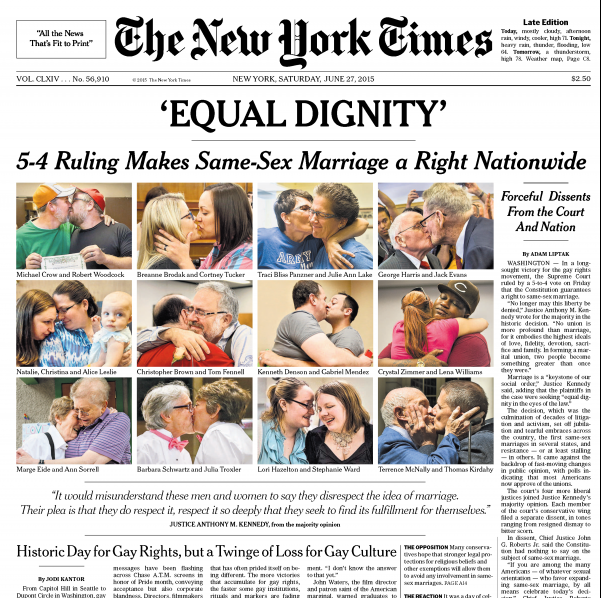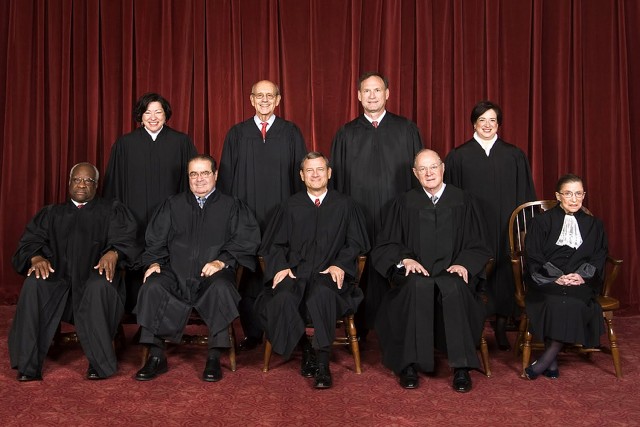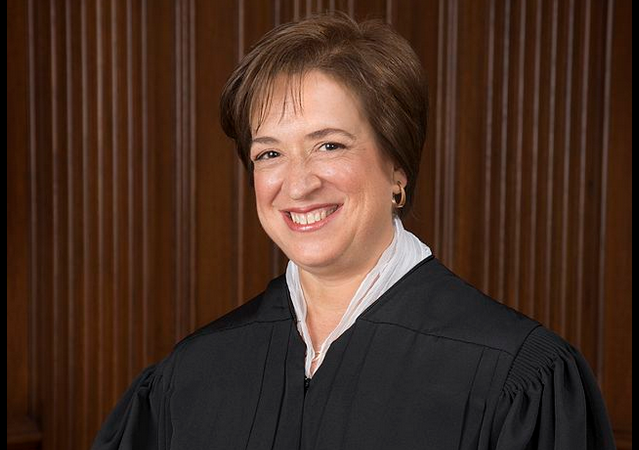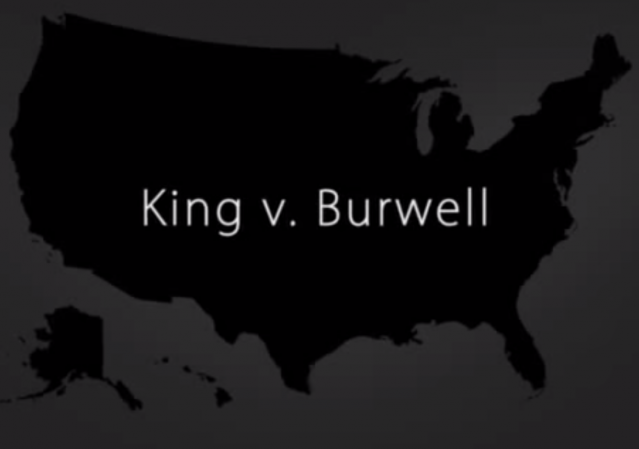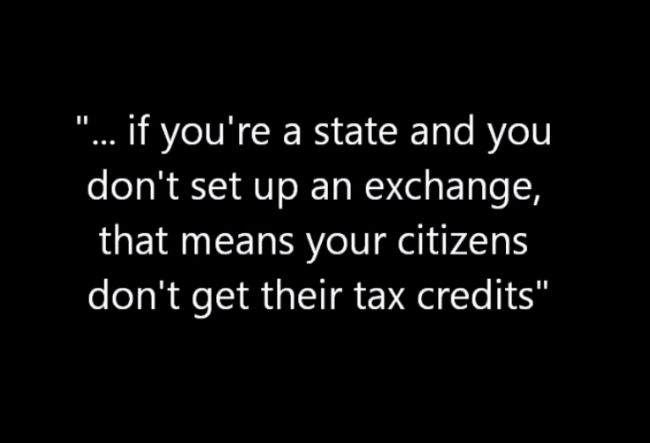EPA Loses at SCOTUS—but is Damage Already Done?
on June 30, 2015
23 Comments
The Supreme Court ruled against the Environmental Protection Agency 5-4 this week, saying the EPA erred in not considering costs when implementing new regulations governing toxic emissions from coal-fired power plants:
The 5-4 decision Monday went against an Environmental Protection Agency mercury rule that forces utilities to shutter old coal plants or invest billions of dollars in equipment to clean up the emissions from their smokestacks. The court said the EPA should have considered the costs and benefits before deciding whether to impose those limits on the toxic emissions. “The agency must consider cost -— including, most importantly, cost of compliance -— before deciding whether regulation is appropriate and necessary,” Justice Antonin Scalia wrote in the majority opinion. “Reasonable regulation ordinarily requires paying attention to the advantages and the disadvantages of agency decisions.”Ironically, the rule could stay on the books while the EPA performs the analysis:
The decision to send the regulation back to a lower court to decide what happens next leaves open the possibility that the 2011 rule, called the mercury and air toxics regulation, could be left on the books while the agency does the analysis that the high court said it should have done long ago. It could take a few months for that lower-court decision.Despite the victory, it may have come at a cost that is too late to recover. The rule went into place several years ago and the impact has taken its toll:

